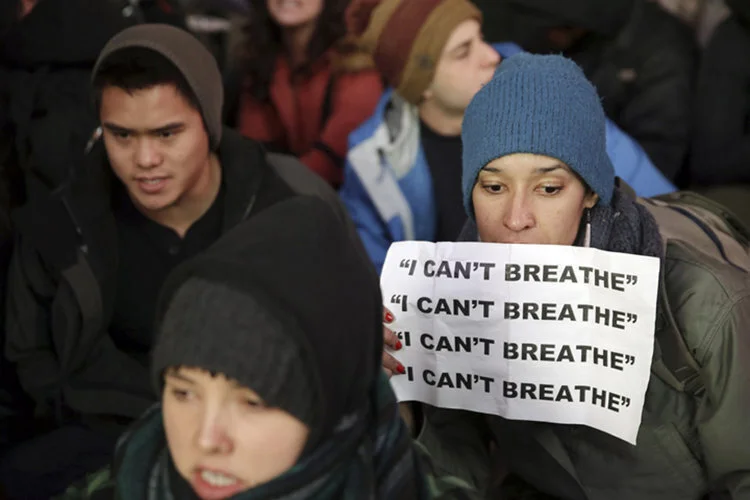Garner family's request to put mayor on stand awaits ruling
/Supreme Court Justice Erika Edwards is expected to issue a ruling on the relevance of testimony from the city’s highest ranking officials in a judicial inquiry into the investigation of Eric Garner’s death. AP Photo By Seth Wenig
By Rachel Vick
Representatives for the family of Eric Garner and New York City gathered in the virtual courtroom Monday to revisit the petitioner’s request to put officials including Mayor Bill de Blasio on the stand as part of an inquiry into the 2014 murder.
The conference was scheduled after a discovery hearing in June showed both parties in a deadlock, but Queens Supreme Court Justice Erika Edwards was dissatisfied with the progress they had — or hadn’t — made on their own ahead of the witness discussion.
“I was trying to get you together with petitioners and see what you could live with in terms of discovery, you took the position that nothing would be required, I sent you back again, nothing’s been done,” Edwards said, adding limited discovery to the ruling that will be submitted by Friday, which will include the people who will be called to take the stand.
“You blew the opportunity to negotiate with them to provide them with information by taking the stance that you did, which is well within your right, but now I'm in a position where I'm going to grant it,” she added.
The inquiry aims to bring to light the actions of city officials and NYPD officers involved in Garner’s murder, beyond the actions of former officer Daniel Pantaleo.
Both parties remained staunch in their arguments that the other was being uncooperative and stubborn, with counsel for Gwen Carr et al. Gideon Olivier and City Law Department representative Stephen Kitzinger disagreeing on which materials and witnesses were relevant to the inquiry.
Kitzinger repeated the city’s stance that the goal to put de Blasio and Police Commissioner Dermot Shea on the stand were “for the spectacle,” rather than genuinely uncovering misconduct.
Petitioners argued that the public nature of the case — which most recently manifested in Garner’s last words, “I can’t breathe,” being chanted through streets across the country in the summer of 2020 — makes the mayor’s role as the face of New York City inseparable from the investigation itself, regardless of technical roles.
Diane Lucas, counsel for the petitioners, cited the recent decision by the Appellate court against the city which ruled that the inquiry was not only permissible but “a matter of profound public importance.”
“The mayor and the police commissioner were the ultimate decision makers about the supervising, the oversight, the investigatory duties... to determine whether there would be an investigation,” Lucas said. “We know that with the Department of Justice investigation the mayor was the critical decision maker to decide whether the city would wait until the Department of Justice was done or continue.”
Edwards said that she would call all officers on the scene, but her lingering question was where “head honchos” fit in instead of the senior officials who are actually tasked with the responsibility to lead an investigation.
The proceedings are still scheduled to move forward Oct. 25.




